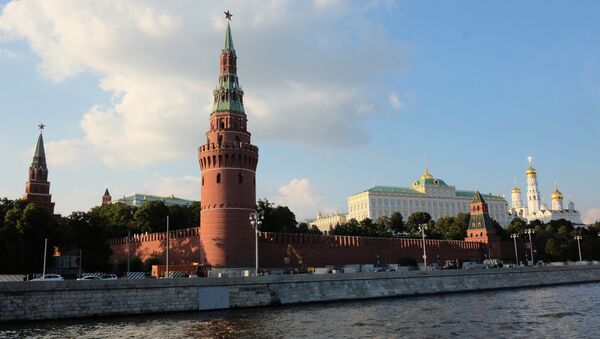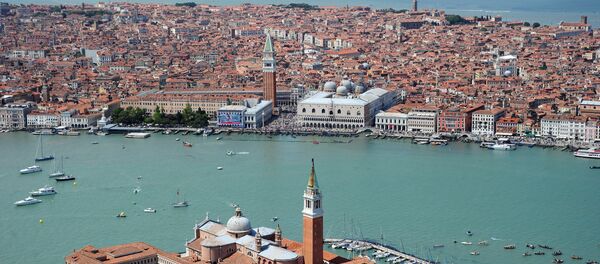Italy must take the lead in restoring partnership relations between Russia and the EU, Marco Gombacci, an Italian journalist and former political adviser in the European Parliament, said.
"For cultural and historical reasons, Italy has always maintained excellent ties with Russia. Even during World War II and afterwards the relations between Russia and Italy were quite friendly," Gombacci stated.
According to the expert, a deep political crisis has emerged because of constant economic sanctions against Moscow, which has resulted in almost all areas of bilateral cooperation between Russia and the West being frozen.
Gombacci noted that it is necessary to take more decisive steps towards maintaining a dialogue between the parties, and this should be done by all EU countries.
"The key role must be played by Brussels. For its turn, Italy should insist on raising the issue of the anti-Russian sanctions in the Council of Europe, because now they are extended almost automatically, as a gym card. To solve the problem, it is important to discuss it; we should not allow other countries to determine Europe's foreign policy," Gombacci said.
"We live in an era when social media, tweets can influence society, but they can't display a full picture of what Russia really is, its political history, its culture. The perception of Russia in Europe is distorted, because we Europeans… ask Russia to be more European, which, in my opinion, is a mistake: Russia is Russia. Russia has a complex history, first and foremost, it is an imperial nation, and the notion of empire is a part of what Russia is. Therefore, first of all, we must understand how Russians think and not try to make Russians think in a way Italians, Germans or Swedes do," the journalist concluded.
The relationship between Russia and the European Union soured after the Crimean Peninsula seceded from Ukraine and reunified with Russia following the March 2014 referendum. Western countries, including the EU member states, have not recognized the legitimacy of the vote, imposing several rounds of sanctions on Russia.



